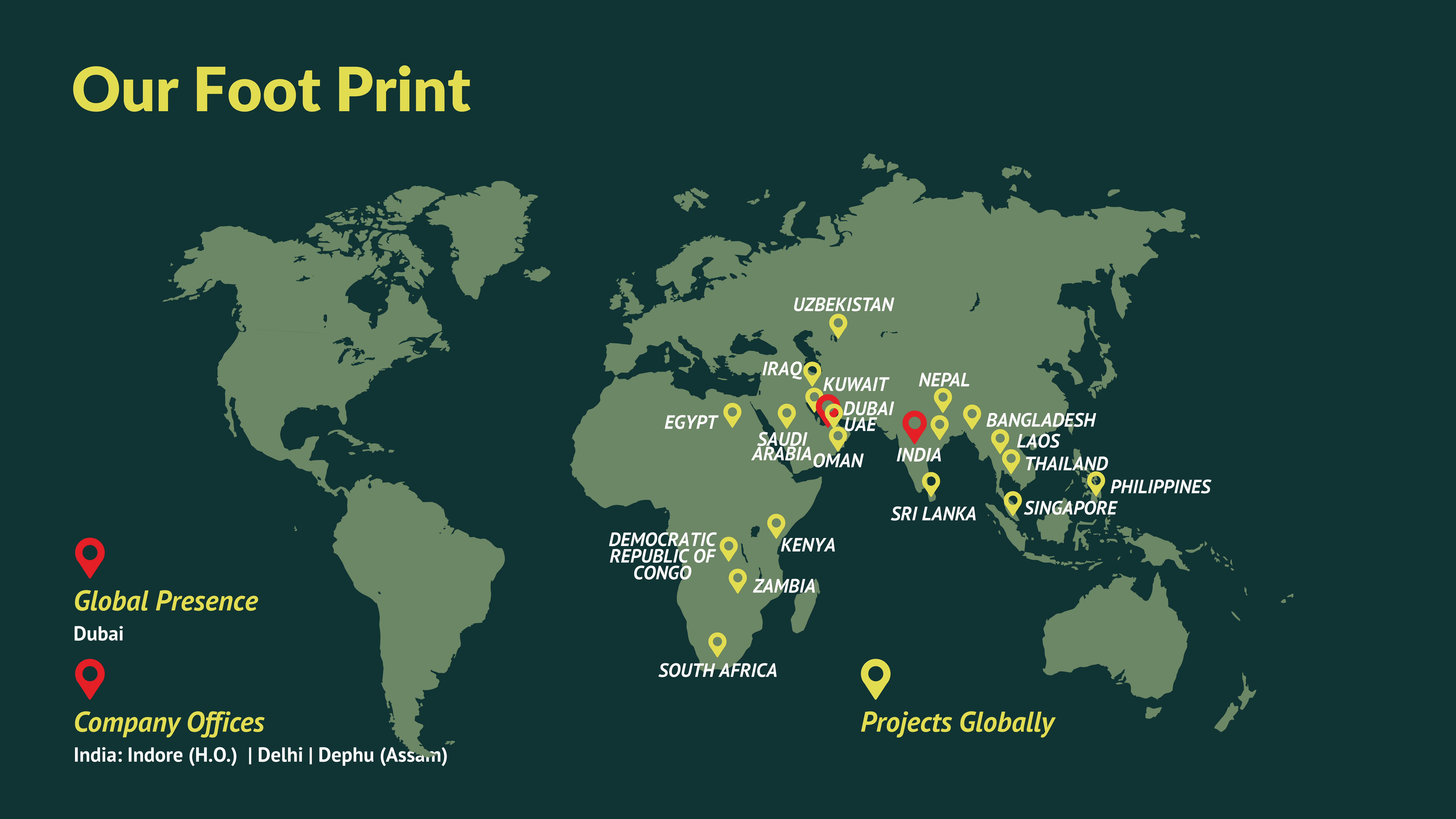As the global crisis is looming over the world, even developing countries are doing their share tocut down carbon emissions. At the 26th climate summit (COP-26) in Glasgow-UK, under the leadership of Prime Minister Narendra Modi, India announced that it will become a carbon-neutral nation by 2070.
Achieving net-zero will mean a balance between the greenhouse gases produced and eliminated from the atmosphere. Being the 3rd most carbon emitter in the world, it is the first time India has set targets and strategies on an international platform to counter the climate crisis.
Prime Minister Narendra Modi declared the following 5-point strategy that will ultimately make India Net Zero by 2070:
- India will get the non-fossil energy capacity to 500 gigawatts by 2030. Currently, the non-fossil energy capacity is 136 gigawatts.
- India’s 50% energy consumption will come from renewable energy.
- It has set to reduce 1 billion tonnes of carbon emission by 2030
- By 2030, India will reduce the carbon intensity by 45%
- And finally, by 2070, India will achieve its net-zero target.
India’s action to counter the global crisis
India is the third most emitter of greenhouse gases in the world. However, it is important to note that there's a stark difference between India’s emissions as compared to the other top polluters. India nearly emits 3 gigatonnes every year, while US and China emit 5 gigatonnes and 14 gigatonnes, respectively.
In addition, India has the lowest per capita emission of 1.9 metric tonnes and contributes to 7% of world pollution even when it makes up 17% of the world population. Realistically speaking, India has a higher chance of reaching the net-zero goal before the US, EU and China.
The progress in building renewable energy infrastructure looks promising. As per Invest India, over the past 5 years, solar capacity has increased from 6.7 GW to 40 GW in 2021. Wind capacity has also increased by 2.2 times since 2017.
India is all set to open the largest renewable energy park of 4750 MW in Gujarat. Besides, PM Narendra Modi’s upcoming plans to reduce India's coal dependency by not setting up any more coal energy plants and decarbonising Indian Railways by 2030 is a start in the right direction.
A challenge that lies ahead
The most obvious challenge for India is to secure climate finance. As a developing country, India depends on the developed countries to provide the finance for the formulation of new technologies and methods to reduce its coal dependency.
In the COP-26, PM Modi demanded the rich countries make 1 trillion USD available as soon as possible. Unfortunately, these countries already have many unmet promises regarding climate finance.
To conclude, the goal to become Net Zero will not be a cakewalk for any developing nation. However, it will become extremely challenging for developing countries to create groundbreaking technologies without the needed financial assistance.
Hence, the way forward to achieving the collective goal is for rich countries to take charge and lead the way. As they will be able to bear the heavy initial research & development costs, developed nations are more likely to create innovative decarbonisation technologies.
India will also have to change its energy infrastructure. Some strategies will even require lifestyle changes from its citizens. However, with strategizing and global support, India will surely complete its promises successfully.









































